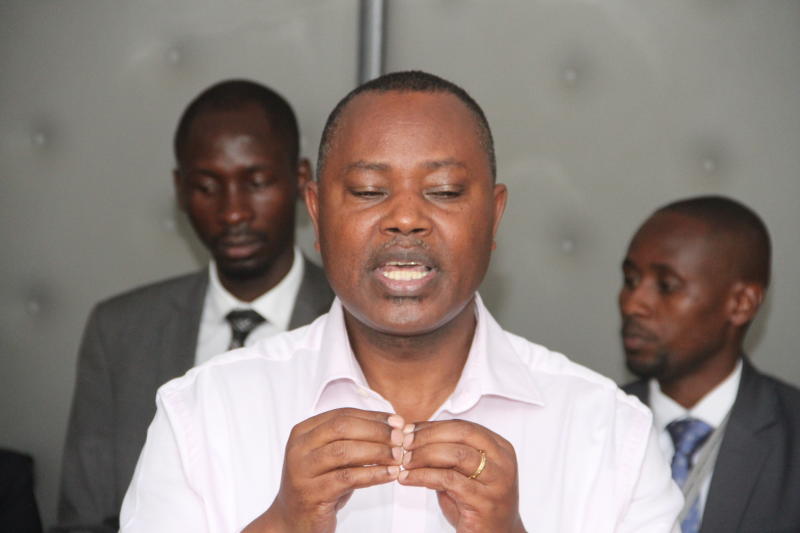×
The Standard e-Paper
Fearless, Trusted News

Investigations have revealed how fraudsters collude with Kenya Power (KP) staff to steal from Kenyans through manipulation of the system and inflation of power bills.
Detectives from the Directorate of Criminal Investigations (DCI) say the theft involves a powerful and intricate web of cartels involving KP staff and outsiders.